Sophisticated tricks, difficult to control
If in the past, cheating on exams mainly involved bringing documents into the exam room, exchanging notes while taking the test, copying from other people's papers, writing answers or formulas on the table, water bottles, etc., now cheating tricks have been "upgraded" and become more dangerous.
Student QT ( Hai Duong ) said that there are many ways students use to cope with tests and exams. For multiple choice tests, especially in subjects with many formulas (math, physics, chemistry), students often hide mini cheat sheets in their belongings, stick them on their computer cases or attach them to pen refills.
Many students also exchange answers in Morse code or use pre-programmed calculators. These are all commonly used methods.

Smart bracelets and rings have hidden internal organs for fraud (Photo: My Ha).
In the essay and analysis exams, students will use transparent cheat sheets with pre-written essays and analysis points to stick on their clothes, or use phones, smart watches, hidden cameras, and tiny headphones to look up, transmit, and receive answers from the outside.
In general, cheating in high school still revolves around simple cheat sheets and technological devices. In contrast, in the university environment, the tricks become more complicated.
Student D.DD ( Hanoi University of Industry) revealed that students use sophisticated technological devices such as: smart pens, glasses with integrated virtual screens that only appear to the wearer, hair clips with cameras, or bluetooth-connected bracelets.
When taking online exams, the ways of cheating become more diverse. Student D. shared: “Students often use AI, ChatGPT or software to help solve problems.
In addition, students can compete in groups, solve problems together or divide the questions to do. If not in groups, students can turn on dual-screen mode, even control the computer remotely to do it instead...
More sophisticatedly, some students also use virtual cameras to simulate the situation of doing the test, or attach a small high-tech device on the camera to read the answers directly.
These tricks make it difficult for supervisors to detect and control," D. confided.
Both T. and D. stated that dishonest behavior stems partly from laziness and lack of responsibility in studying but still wanting to get high scores, and partly from achievement-oriented illness, difficult exams, or pressure from family, school, and society.
But whatever the reason, cheating in exams is still an unethical and illegal act with serious consequences.

Transceiver disguised in handheld computer (Photo: My Ha).
Shortcuts create knowledge gaps
Ms. Do Thi Hien, a teacher at Nam Sach High School (Hai Duong) affirmed that dishonesty in exams causes profound effects on students.
Cheating is thought to be a "shortcut" but in reality it creates knowledge gaps, leaving students without a complete and solid knowledge foundation.
This not only hinders the development and training of personal capacity but also inhibits the development of critical thinking and creativity - core competencies in today's era.
In the long run, learners tend to be dependent, lazy, lack the will to improve, and easily fall into negative habits such as lying and bending the law. From here, they lose their moral values, creating distorted personalities and deviant behaviors in later life.

Cheating in exams is becoming more and more sophisticated and complicated, posing a danger to exams (Photo: illustration).
Ms. Hien emphasized that cheating by a group of students is enough to harm the general educational environment. Dishonest behavior in exams destroys fairness, creating an unhealthy environment for serious learners.
When real effort is not recognized, students are likely to feel disadvantaged, skeptical and discouraged. This situation risks undermining the quality of education.
Sharing the same view, Mr. Nguyen Bao Son, lecturer at Hanoi College of High Technology, expressed that virtual results do not reflect the true capacity of learners, leading to errors in assessment, selection and development of training programs as well as planning educational policies.
As a result, they find it difficult to meet the increasingly stringent requirements of the labor market and are easily eliminated.
Meanwhile, those who are truly capable are not properly recognized, causing brain drain and wasting high-quality human resources. This is an alarming issue because students are the human resources of the future.
According to Mr. Son, cheating also has dangerous impacts on the whole society. If not well controlled, dishonesty and deceit can spread, erode moral values, and create unpredictable consequences.
In addition, when individuals lacking capacity, courage and intelligence enter the labor market, it will directly affect work performance and economic productivity.
“Cheating can help students pass exams with high scores, but only true knowledge and honesty can help them stand firm and go further on the path to maturity and development,” said Mr. Son.
Bao Han
Source: https://dantri.com.vn/giao-duc/chieu-tro-gian-lan-thi-cu-va-cai-gia-cua-diem-so-ao-20250603154223400.htm






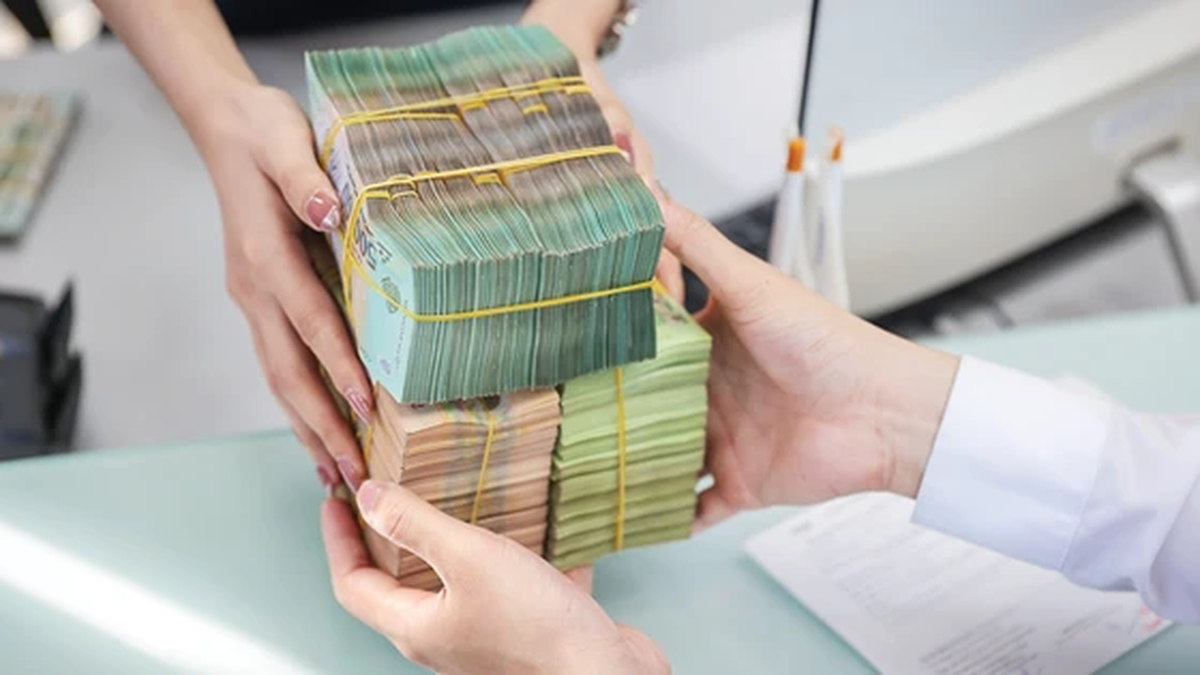
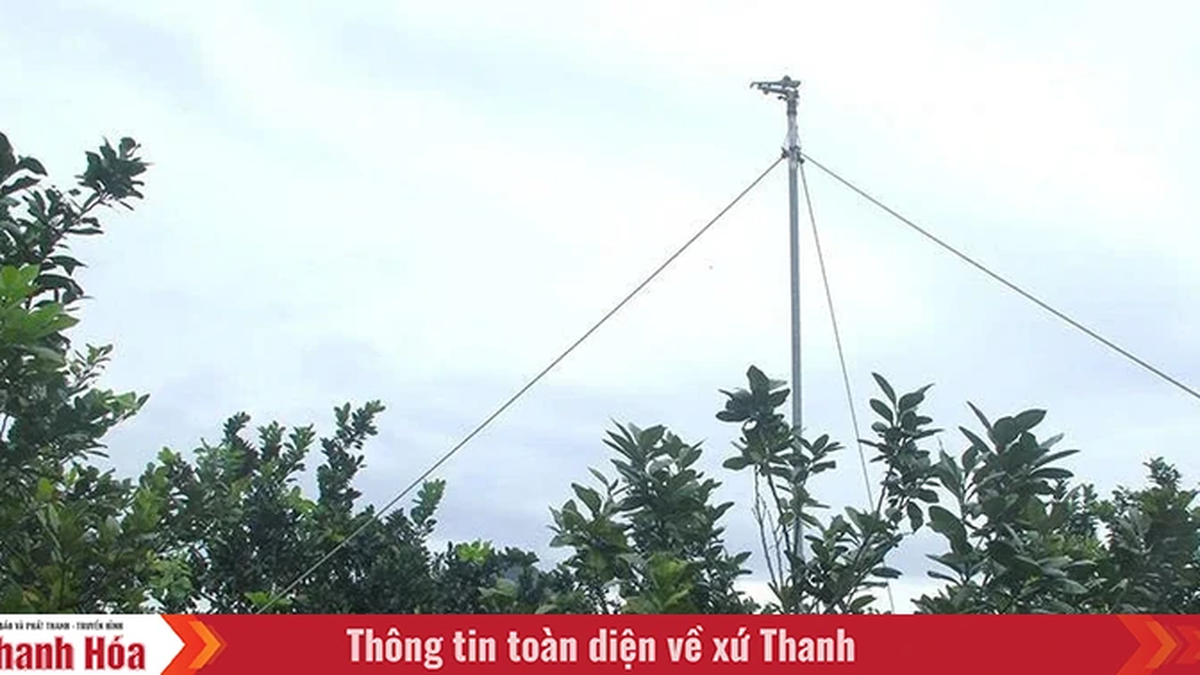

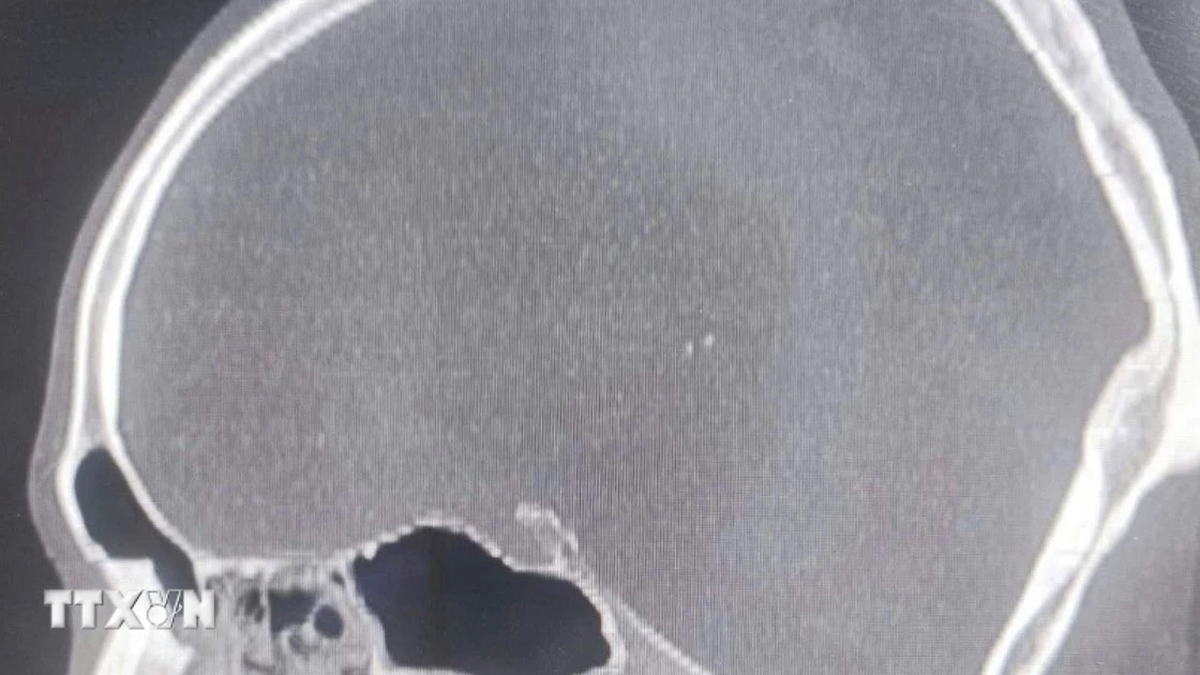
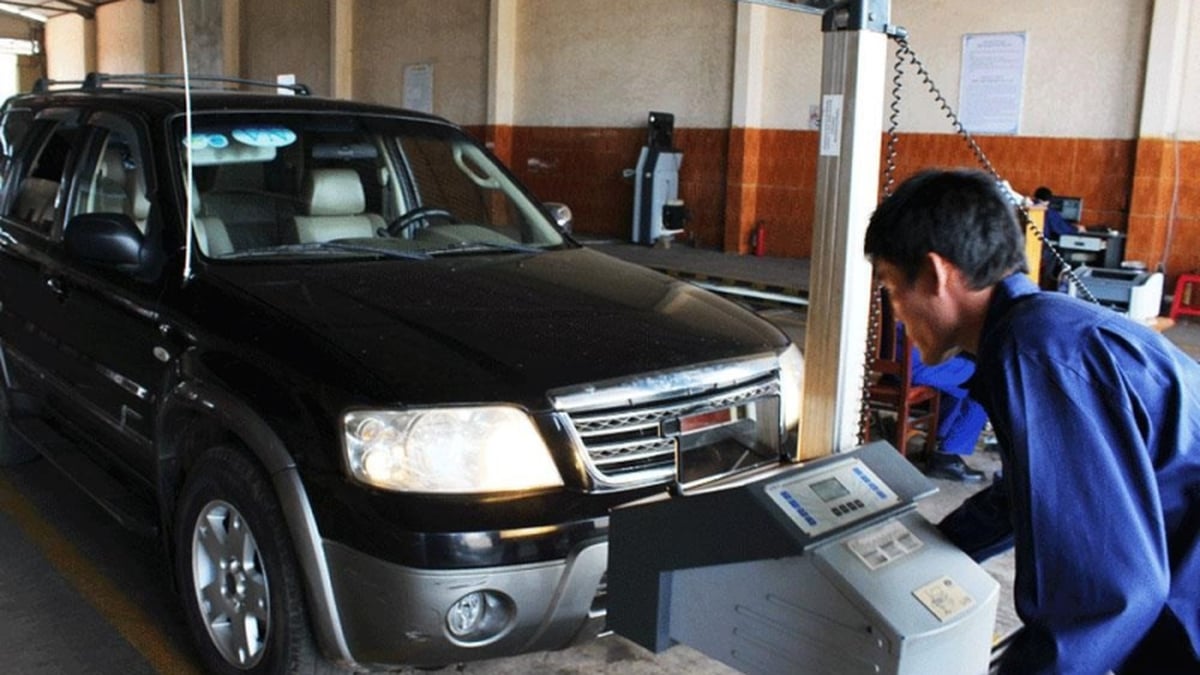
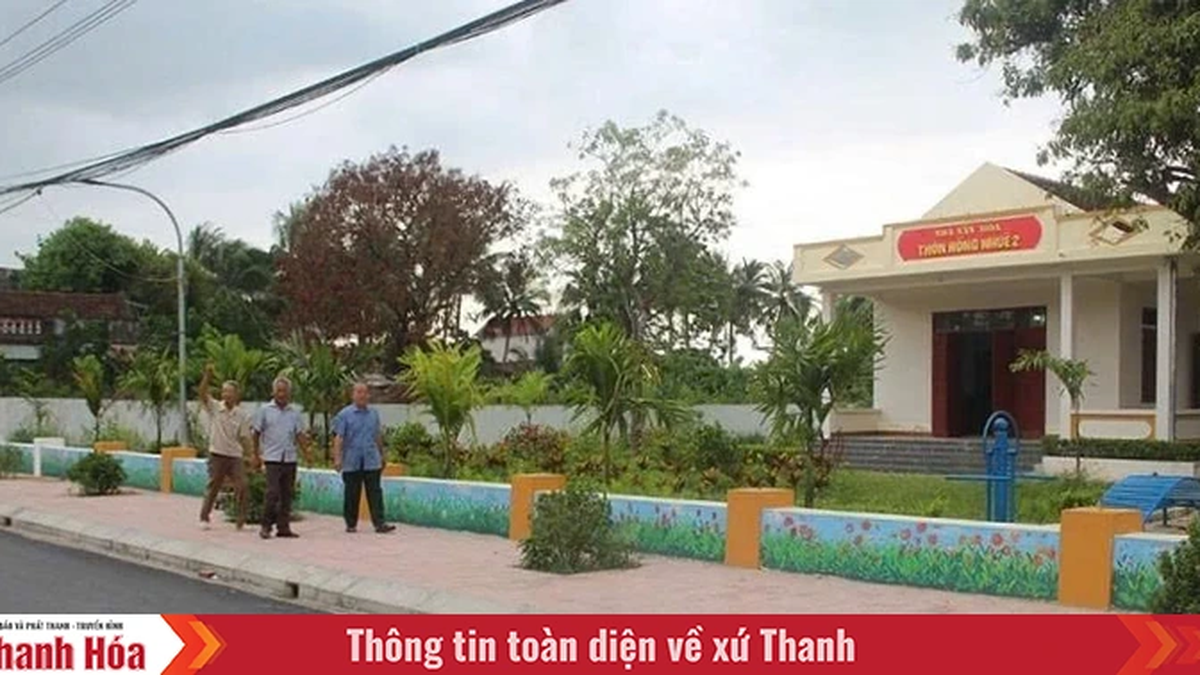
















































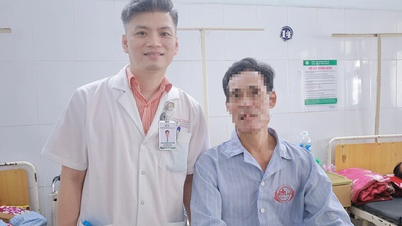
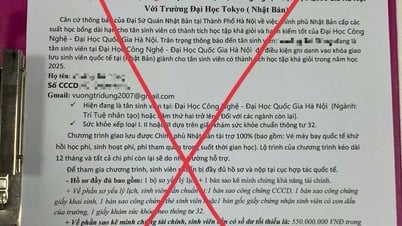






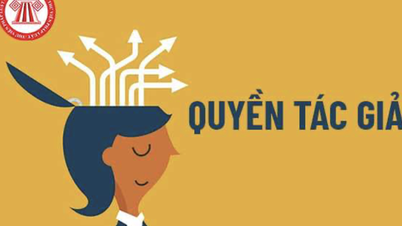

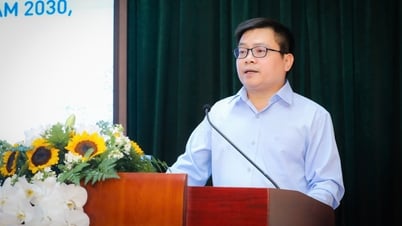


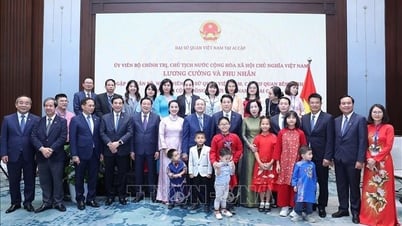

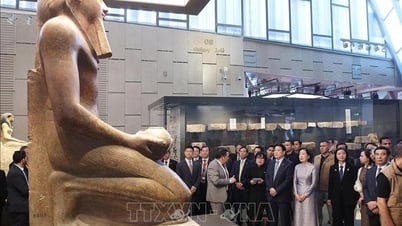






















Comment (0)